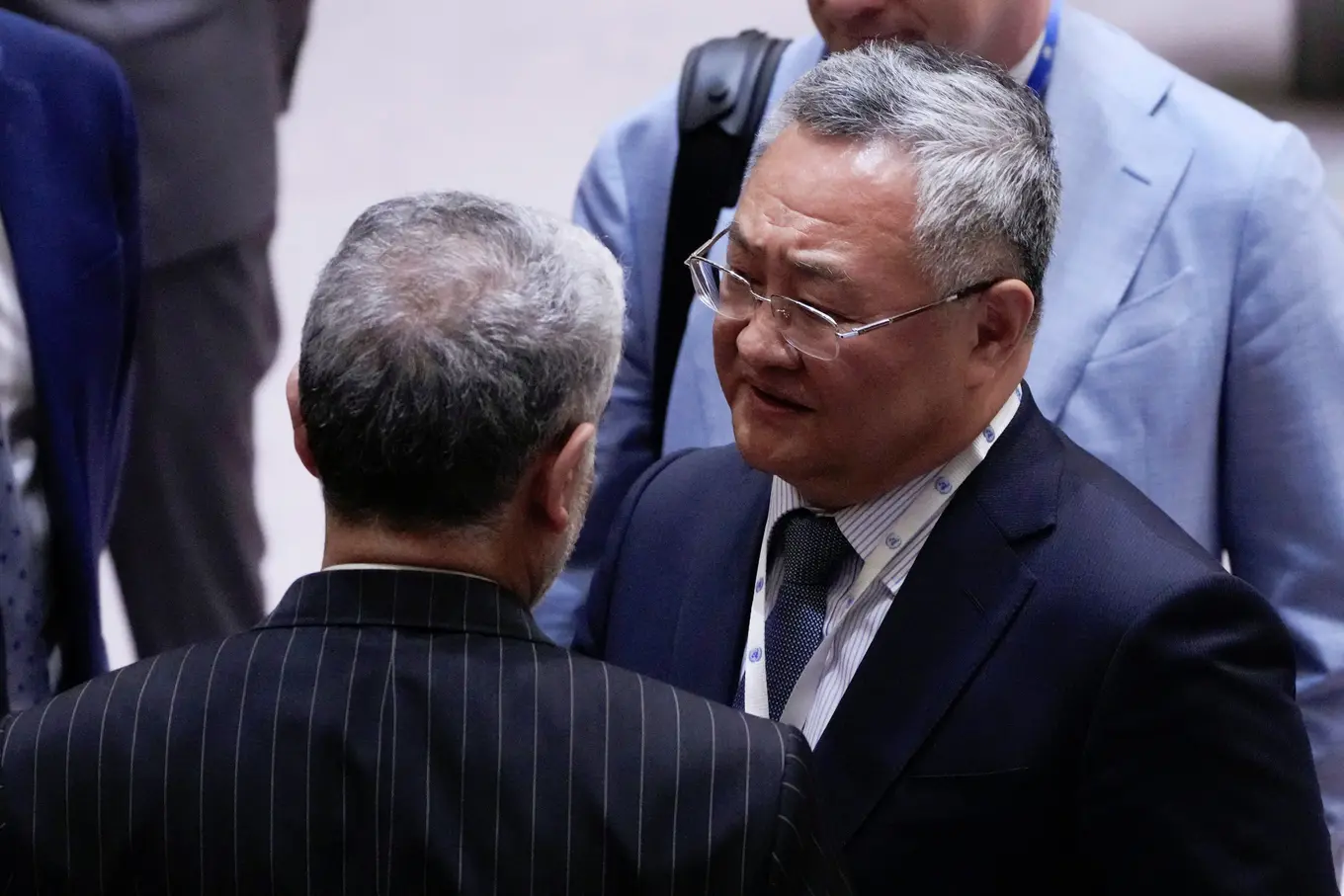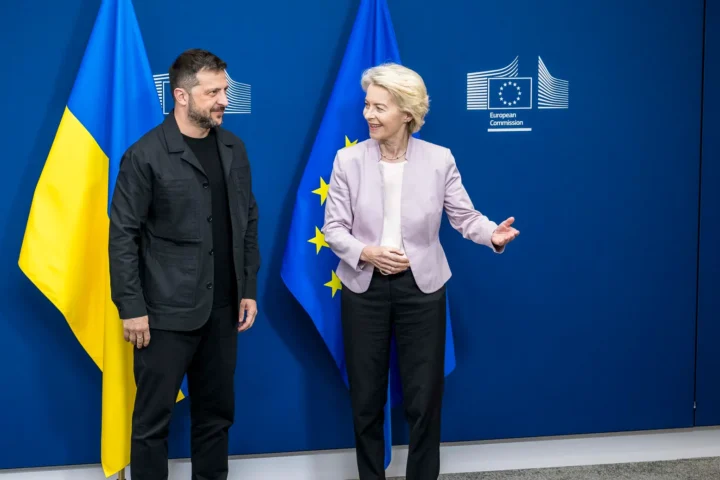China has sharply condemned Israel’s airstrikes on Iran, accusing them of violating the sovereignty and territorial integrity of the Islamic Republic. At the same time, Beijing is calling for a peaceful resolution and offering itself as a mediator — but as NZZ points out, this appears to be more of a diplomatic formality than a genuine attempt at involvement.
Formal Mediation, Real Constraints
On Wednesday evening, Chinese President Xi Jinping urged de-escalation and offered China’s help in “restoring peace and stability.” However, in practice, Beijing has little influence over the situation. This is echoed by Carice Witte, an expert on China-Middle East relations from the Israeli research organization Signal Group. After a series of conversations with officials in Beijing, she concluded:
“China sees its ability to mediate in this conflict as very limited.”
So far, Chinese Foreign Minister Wang Yi has only issued general calls for dialogue and negotiations in talks with his counterparts in Iran and Israel. Meanwhile, anxiety is growing within the Chinese government as fears mount that the Iran-Israel conflict could spiral out of control and spread to neighboring countries.
“If the confrontation between Israel and Iran escalates further or spills over to other nations, those countries will inevitably bear the brunt of the consequences,” a spokesperson for the Chinese Foreign Ministry warned on Monday.
Protecting Citizens and Preserving Influence
Amid this growing danger, Beijing has begun preparing for a potential evacuation of Chinese citizens from both Israel and Iran. This reveals the seriousness of China’s concern — not only about regional stability, but also about its own national interests.
It is worth noting that China’s rhetoric in this case is far more direct than it was regarding Russia’s invasion of Ukraine. In the current crisis, Beijing has openly condemned Israel’s actions, while it has never accused Moscow of violating Ukrainian sovereignty — even at the height of the war.
As Chinese UN ambassador Fu Cong stated, the Israeli airstrikes “violated the territorial integrity and sovereignty of Iran” — a statement that Beijing never dared to make about Russia’s aggression in Ukraine.
Strategic Partnership: Iran as a Regional Pillar
Iran remains a crucial partner for China in the Middle East. The Tehran–Beijing axis serves as a counterweight to U.S. alliances with Israel and Saudi Arabia. Conversely, China is almost Iran’s only remaining diplomatic shield and economic lifeline. Since the imposition of Western sanctions in 2018, China has played a key role in helping Tehran mitigate their effects.
According to NZZ, China exports cars, spare parts, consumer goods such as smartphones, industrial machinery, and even nuclear reactors to Iran. Among these exports are also dual-use goods — items that can be used for both civilian and military purposes.
However, as Carice Witte points out, this does not amount to active support of Iran’s nuclear program:
“China limits itself to dual-use exports. It does not actively support Iran’s atomic ambitions.”
Oil for Political Loyalty
For its part, Iran depends heavily on China as its main oil customer. Around 90% of Iran’s oil exports go to the Chinese market. But this is far from a balanced relationship: China essentially dictates the prices, as Iran — due to sanctions — has few other buyers. Without Beijing’s purchases, the Iranian economy would likely have collapsed.
Despite formal declarations of loyalty, Tehran remains wary of Beijing. According to NZZ, China has failed to deliver many of the investments it promised, which fuels mistrust within the Iranian leadership and limits their willingness to fully align with China.
China’s Strategic Calculation: Let Israel Weaken Iran
As always in international conflicts, the Chinese leadership seems primarily focused on its own strategic interests. According to NZZ, Beijing may actually benefit from Israeli strikes on Iranian nuclear facilities. If these attacks succeed in curbing Iran’s nuclear ambitions, China — itself a nuclear power — could see its regional position strengthened without having to intervene directly.
China has no desire to see another nuclear power emerge in the Middle East. From Beijing’s perspective, if Israel handles this problem on its own, China can maintain its image as a peaceful mediator — while quietly reaping the strategic advantages.
China denounces Israel, offers mediation, and prepares to evacuate its citizens — yet in practice, it adopts a strategic wait-and-see approach. As NZZ notes, Beijing is playing pragmatically: publicly advocating peace, but tacitly allowing the conflict to reshape regional power dynamics in its favor.
This article was prepared based on materials published by Neue Zürcher Zeitung. The author does not claim authorship of the original text but presents their interpretation of the content for informational purposes.
The original article can be found at the following link: Neue Zürcher Zeitung.
All rights to the original text belong to Neue Zürcher Zeitung.


















